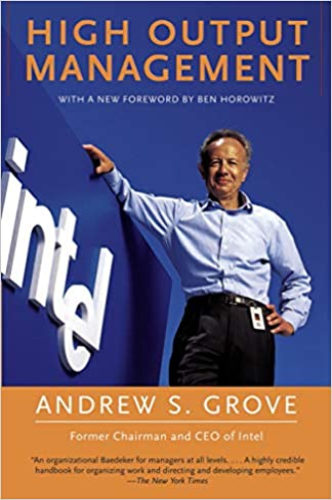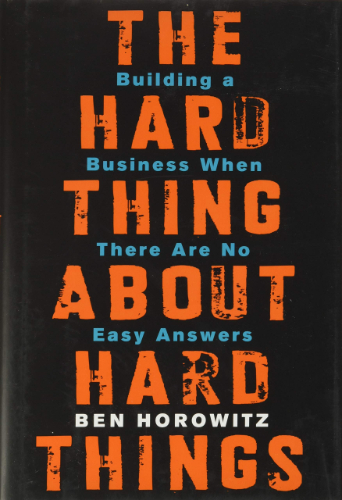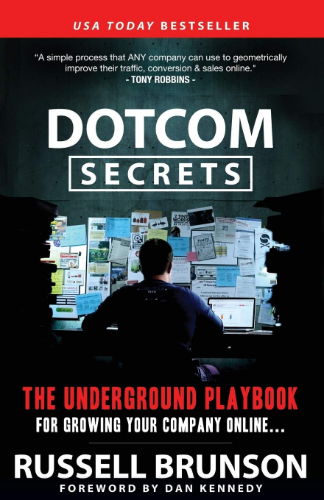Extreme Productivity by Robert C. Pozen Schuster: Summary and Notes

One sentence summary: Extreme Productivity by Robert C. Pozen offers timeless strategies for managing your workload more effectively.
One Paragraph summary: Extreme Productivity is a culmination of decades of teaching and studying productivity by Robert C. Pozen. The title contains personal and professional tips on being more productive at home and in the office. Bob goes all out to make sure the reader knows what to do to up their game.
Favorite quote from the author:
Robert Pozen is one of my favorite writers because he is all about productivity, and I feel that’s where I’m at. I want to be productive, same as you, and if Bob — as he is fondly known — can help, who are we to say no.
Robert is the former chairman of Fidelity Investments and is currently a senior lecturer at the MIT Sloan School of Management. His book, Extreme Productivity has many valuable lessons I want to share with you.
Main takeaways from Extreme Productivity by Robert C. Pozen
-
Rank your goals in order of priority
-
Focus on the final product
-
Don’t sweat the small stuff
-
Maintain a daily routine
-
Develop personal skills
Lesson 1: Rank your goals in order of priority
Pozen says that to be extremely productive, you must rank your priorities. Think carefully about the activity you are engaged in and what you expect at the end of it.
He offers a strategy for establishing your highest-ranking goals. It has the following steps:
-
Write down everything you need to do
-
Organize your goals and priorities by horizons into yearly goals, career goals, etc
-
Rank your objectives by their relative importance. While doing this, it is important to take into account what the world wants from you and what you want from yourself
-
Rank your targets (yearly, monthly, etc.)
-
Monitor your use of time and see it aligns with your targets and objectives. If not, make the necessary adjustments
After deciding on your goals, divide them into three categories:
-
Career aims: These are long term goals that will take at least five years to achieve
-
Objectives:These are goals that will take anywhere from three months to two years to achieve
-
Targets:Targets are action steps to guide your work on a weekly basis
To better manage your objectives, you need to ask yourself the following questions:
-
What you want to do: Your desires and preferences should rank higher
-
What you're good at: If you have a comparative advantage in a specific area, rank that higher
-
What the world needs from you:Figure out what others want from you and incorporate their needs with those of yours. But always put your needs first.
For the last few years, I have been practicing Pozen’s method of prioritizing my goals, and it has worked marvelously well. I encourage you to do the same.
Lesson 2: Focus on the final product
Here, the final product implies the thing you want to achieve at the end of it all. Essentially the final product answers the question of where you want to be in the future. By focusing on the final product, you will more easily follow through on the actionable steps that will get you there.
Pozen warns against wasting time in the information collecting phase, which is what most professionals do. You’ve got to have a bias towards action and get going with as little information as you have. As I have read in many books such as Explosive Growth and Hacking Growth, the reason for this is that the best strategy is to learn as you go along.
While handling a project, you also need to fight against procrastination. Many professionals distract themselves with pleasurable activities instead of focusing on the project at hand. Pozen suggests that to beat procrastination, set mini-deadlines.
NB: If you want to read more on overcoming procrastination, I suggest you buy a copy of The Procrastination Equation by Piers Steel, Ph.D.
Another strategy that Pozen — not Steel — offers for fighting procrastination is to reward yourself after completing a task. You can reward yourself with a movie show, a snack, or a period of rest.
By far, the most effective way of fighting procrastination, as far as I can tell from my experience, is to start small. Break down all your goals into actionable steps that you can complete in a few minutes. This will give you the momentum to keep doing more. But the most important thing is to get started. I learned this trick from The Now Habit, another excellent book on procrastination.
Lesson 3: Don’t sweat the small stuff
In every organization, some employees spend an inordinate amount of time on tasks that don’t really matter — Robert Pozen
The small stuff refers to the things that don’t count that much but consume a terrible amount of time. They include answering phone calls, responding to emails, attending meetings, and so on. Pozen recommends that you have a system in place for handling such things. One of the strategies that I found exciting is the Only Handle It Once (OHIO principle). It means handling low-priority items immediately once you receive them.
For example, if you receive an email, you should reply as soon as possible because you will waste time looking it up in the future if you don’t.
Pozen also offers the radical suggestion of discarding 80% of the emails you receive. Most are not relevant to your work anyway. Another of his suggestions touches on multitasking. There is a common misconception that multitasking is good. It is not.
You can multitask on low-priority tasks but when it comes to more complex goals, reserve your focus. When dealing with a client, you should not multi-task as it is a sign of disrespect.
For managers, micromanaging your employees is considered a low-priority task. You should give them enough time and independence to finish their tasks. At the same time, reduce the bureaucracy in the office that requires your employees to fill needless forms to get approval on small matters. On the other hand, if you are an employee, learn how to go around the bureaucracy at your workplace, making you spend lots of time on low-level work.
Lesson 4: Maintain a daily routine
Do you have ways of optimizing your daily routine? Pozen says that it is essential to create a daily calendar that proactively manages your time and sets targets. One way to go about it is to minimize the mundane aspects of life and focus on important things. List all the things you want to accomplish by the end of the day and make sure that you get them done.
The following are the main tips that Pozen offers for maintaining a sound daily routine:
-
Use a daily calendar with notes. This will remind you of the purpose of each commitment
-
Do not schedule every hour of the day, you need time to react to unexpected situations
-
Prepare for the next day before going to sleep
-
For mundane tasks, create a repetitious daily routine
-
Take a nap in the afternoon to refresh your mind
-
Have regular dinner with your family
-
Get at least 8 hours of sleep every day
-
To recover from poor sleep, sleep longer than 8 hours the next day
-
Exercise regularly
-
Find a group of people who will offer you support in your exercise regime
-
Grasp the structure of the reading. Keep your eyes focused on the structural elements of the text to save time while reading
-
Read the introduction and the conclusion.To get the general idea faster, read the introduction and the conclusion first. These will tell you if should read further
-
Skim the top paragraphs.By skimming the first paragraphs, you get to the meat of the content faster
-
Brainstorming. Writing down as many ideas as possible
-
Categorizing. Putting the ideas into categories and subcategories
-
Outline. Arrange the ideas until you have a perfect sequence
-
Start with an introduction. The introduction will provide the context for the reader, introduce the theme and explain how the text is organized
-
Use a summary or a conclusion. A summary captures the main points
-
Write in short clear sentences. Short sentences make it easier for the reader to skim through your work.
-
Limit the number of sentences in a paragraph to five. Big chunks of texts turn off readers
-
Write in active voice
-
Finally, make sure that your writing is free of grammatical and spelling errors
Lesson 5: Develop personal skills
Pozen places a premium on developing effective personal skills. These skills include reading, listening, public speaking and writing.
The following are some effective reading strategies:
After reading something important, write down the main takeaways. That way, you will easily remember what you have learned.
To write effectively, start by creating an outline. Creating an outline involves:
Here are a few tips to help with the actual writing:
On public speaking, Pozen says that it is important to know your audience before making a speech. That way you will know the kind of things that are interesting to them. When giving a speech, don’t fail to acknowledge the contribution of others. Also, rehearse your speech so that you will not make any mistakes when it comes time to present it.
Wrap Up
Extreme Productivity offers timeless tips on being more productive. What I liked the most about the book is that Pozen doesn’t just focus on the office. He also goes out of his way to tell the reader how to achieve the right work-life balance. His goal-setting strategy is also excellent, and as someone who has used it repeatedly, I can tell you it works.
Who Would I recommend the Book To?
This is a great book if you struggle with productivity. It will benefit you a lot, especially if you work in a busy office.
GET THE BOOK ON AMAZONRate this book!
This book has an average rating of 5 based on 2 votes.









































